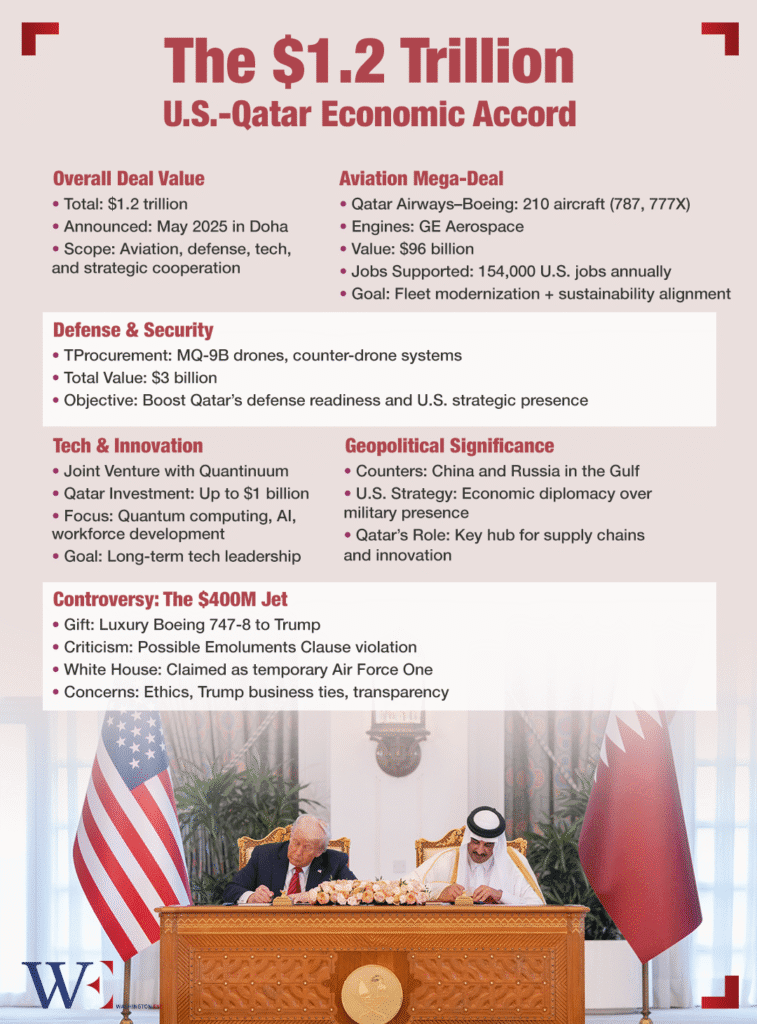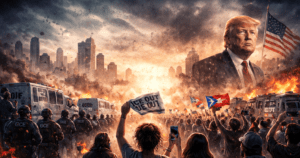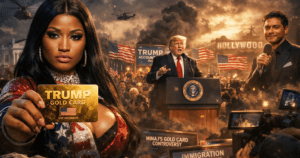When President Donald J. Trump touched down in Doha this May, it wasn’t just another stop on a foreign tour—it was the staging ground for one of the most consequential economic announcements in recent U.S. foreign policy history. In a move that stunned many observers, the United States and Qatar unveiled a series of agreements worth a staggering $1.2 trillion. But beyond the dizzying headline figure, these deals speak volumes about America’s evolving strategy in the Gulf, the future of global aviation and defense industries, and the geopolitical chess game unfolding between Washington, Beijing, and Moscow.
Far from a routine trade partnership, this multi-sectoral agreement positions Qatar as a pivotal node in the United States’ global supply chain ambitions and technological partnerships. It also suggests that Trump’s vision of transactional diplomacy—deals first, doctrine later—is still very much alive and recalibrating U.S. influence abroad through economic leverage rather than military entanglement. As critics raise ethical concerns and allies watch closely, the deals signed in Doha may be a harbinger of the next phase in U.S. foreign policy: one where the dollar signs are as important as the diplomatic handshakes.
Aviation Takes Center Stage
At the heart of the agreements is a monumental deal between Qatar Airways and Boeing. The Qatari national carrier has committed to purchasing up to 210 Boeing aircraft, including the 787 Dreamliner and 777X models, powered by GE Aerospace engines. This $96 billion contract represents Boeing’s largest-ever widebody aircraft order and is projected to support 154,000 U.S. jobs annually over the production and delivery period.
The significance of this deal extends beyond numbers. It signals Qatar’s ambition to modernize its fleet with fuel-efficient aircraft, aligning with global sustainability goals. For the U.S., it reinforces the strength of its manufacturing sector and its role in global aviation.
Defense and Technological Collaboration
Beyond aviation, the agreements encompass substantial defense and technology collaborations. Qatar has agreed to procure advanced U.S. military equipment, including MQ-9B drones and counter-drone systems, totaling approximately $3 billion. These acquisitions aim to bolster Qatar’s defense capabilities and reflect a shared commitment to regional security.
In the realm of technology, a notable development is Qatar’s planned investment of up to $1 billion in quantum computing and workforce development through a joint venture with U.S. firm Quantinuum. This initiative underscores the strategic importance both nations place on emerging technologies and their potential to drive future economic growth.
Geopolitical Implications
The timing and scale of these agreements carry significant geopolitical weight. President Trump’s visit to Qatar, part of a broader Middle East tour, comes amid shifting alliances and ongoing tensions in the region. By securing these deals, the U.S. not only strengthens its economic ties with Qatar but also reinforces its strategic presence in the Gulf.
Moreover, the agreements may serve as a counterbalance to growing Chinese and Russian influence in the Middle East. By deepening economic and defense partnerships with Qatar, the U.S. positions itself as a preferred ally, offering advanced technology and security assurances.
Domestic and Ethical Considerations
While the agreements have been lauded for their economic potential, they have also sparked domestic debate. A particularly contentious issue is Qatar’s offer of a $400 million luxury Boeing 747-8 jet to President Trump, intended for use as a temporary Air Force One. Critics argue that accepting such a gift could violate the U.S. Constitution’s Emoluments Clause, which prohibits federal officials from receiving gifts from foreign states without Congressional approval.
The Trump administration has defended the move, citing delays in the delivery of the new Air Force One and framing the gift as a cost-saving measure. Nonetheless, the situation raises questions about transparency and the potential for conflicts of interest, especially given the Trump Organization’s business dealings in the region.
A Final Note
The $1.2 trillion in agreements between the U.S. and Qatar represent more than just economic transactions; they signify a strategic alignment with implications for regional stability, technological advancement, and global power dynamics. As these deals unfold, they will undoubtedly shape the contours of U.S. foreign policy and its role on the world stage in the years to come.
















